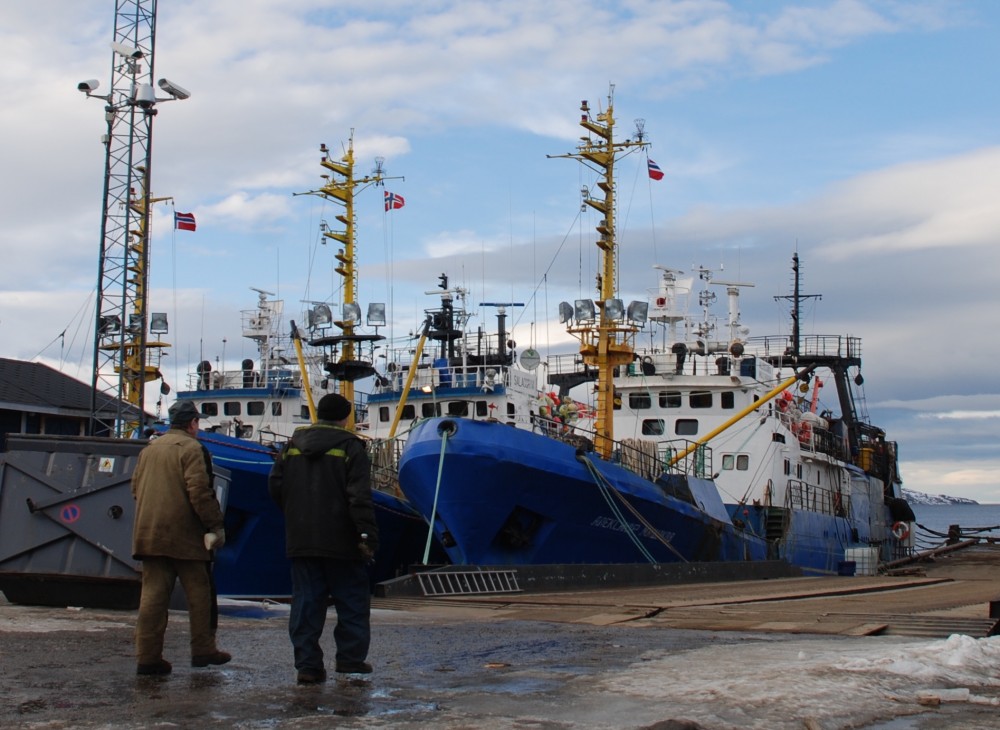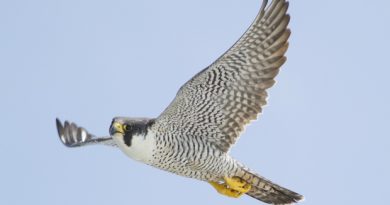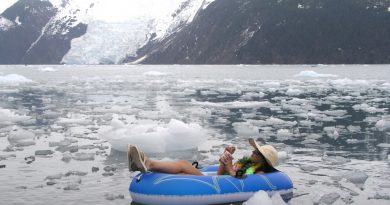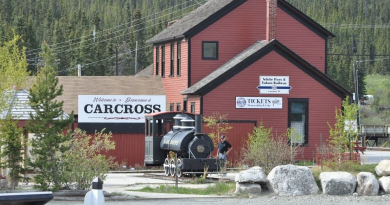Russian fisheries say they will safeguard Arctic stocks

A new deal signed by several of the country’s biggest fish companies is to help protect vulnerable Arctic sea bed against trawling.
The companies, all of them engaged in trawling in the North Atlantic, are taking measures to protect local ecosystems. With joint measures, negative effects of trawling on the sea bottom of Barents Sea and Norwegian Sea will be reduced, Fishres reports.
In close cooperation with researchers and environmental organizations, the fishery companies intend to develop and implement a program for survey of vulnerable ecosystems, train crews in sustainable catch and map especially vulnerable waters. They will also analyze catch results from areas considered vulnerable.
«It is important to note that this initiative comes from the fishermen themselves, and we hope that also the leaders of the industry will grant their support», says Sergey Sennikov, a representative of the Norebo company says to Fishres.
The deal follows a previously signed fishing industry agreement on bottom trawling in the Norwegian Arctic from May this year.
Among the signatories are Northern Union of Fish Industrialists, the Norebo company, the FEST Group and the Arkhangelsk Trawler Fleet.
‘Landmark agreement’
Greenpeace calls the deal «a landmark agreement». It has the potential to reduce impacts from bottom trawling on vulnerable marine ecosystems, the organization says in a press release.
“If companies fishing in Arctic waters want to be seen as sustainable and responsible, they need to demonstrate that they are putting their money where their mouth is. That is exactly what the Russian trawling fleet operating in the Barents Sea will be doing if they really deliver on their new pledge. This agreement will make a difference if it helps keep vulnerable marine ecosystems off limits to bottom trawlers,” says Frida Bengtsson, a representative of the organization.
Greenpeace has actively lobbied the protection of the Arctic sea bottom against trawlers. In a publication titled «This far, no further», the organization argues that the trawler fishing could make irreplaceable damage to the ecosystems. A new marine protection zone should be established in the area, Greenpeace argues.
“While the industry is leading the way towards the identification and voluntarily protection of vulnerable areas, Greenpeace calls on the Norwegian and Russian governments to establish formal and permanent protection of all already identified vulnerable marine areas», Bengtsson says.
Related stories from around the North:
Canada: Experts call for collaboration on Arctic fisheries research, Radio Canada International
China: China’s silk road plans could challenge Northern Sea Route, Blog by Mia Bennett
Finland: US seeks Finnish support for Arctic goals, Yle News
Greenland: Arctic countries ban fishing around North Pole, Alaska Dispatch News
Norway: China eyes Arctic Norway infrastructure projects, Barents Observer
Russia: The Arctic Council’s Immunity to Crimean Flu, Blog by Heather Exner-Pirot
Sweden: Arctic Council – From looking out to looking in, Blog by Mia Bennett, Cryopolitics
United States: Arctic Alaska meeting planned for Kerry, Lavrov and other officials, Alaska Dispatch News



